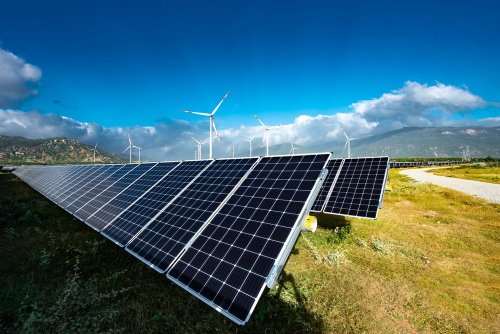In their annual assessment of the dynamics of the world's transition to renewable energy sources (RES), REN21 experts stated that the global transition in the main energy-consuming sectors slowed down in 2023. Only 13 countries have introduced renewable energy policies this year, and 52 countries have even abandoned their ambitions in the field of energy transition.
Reuters writes about it.
REN21 (Renewable Energy Policy Network for the 21st Century) is the only global community of academia, governments, NGOs and industry in the renewable energy sector that provides up-to-date and expertly reviewed facts, figures and analysis on global developments in renewable energy technologies, policies and markets. In their report, the group's analysts concluded that governments have failed to capitalize on the impetus for renewable energy development provided by the COVID-19 pandemic and the war in Ukraine. This was due to legislative gaps, political pressure, and the inability of governments to set clear targets.
In 2023, only 13 countries, including the United States, India and China, have adopted renewable energy policies covering buildings, industry, transport and agriculture, with only 12.7% of energy consumed by these sectors currently coming from clean sources .
Experts stated that many countries even abandoned their plans for the development of RES. Thus, of the 69 states that have renewable energy targets for end users, only 17 have extended their implementation in 2024.
"Governments have effectively backed away from their ambitions and energy-consuming sectors no longer have economic incentives," says REN21 Executive Director Rana Adib.
REN21 analysts also named the following among the reasons that caused the energy transition to slow down:
- Trillions of dollars in fossil fuel subsidies, especially in industry and agriculture.
- Falling fossil fuel prices in 2023.
- The approach of elections in many countries, which has affected policy making and intensified the debate about the cost of the transition to cleaner energy.
- Resistance from heavy industry companies who claim that RES cannot generate the heat needed to fire their blast furnaces, when in fact technological solutions exist.
Earlier, EcoPolitic reported that the European Commission has changed the rules for conducting RES tenders. We will remind you that according to the Ember analytical center, in 2023 RES produced a record 30% of the world's electricity.





